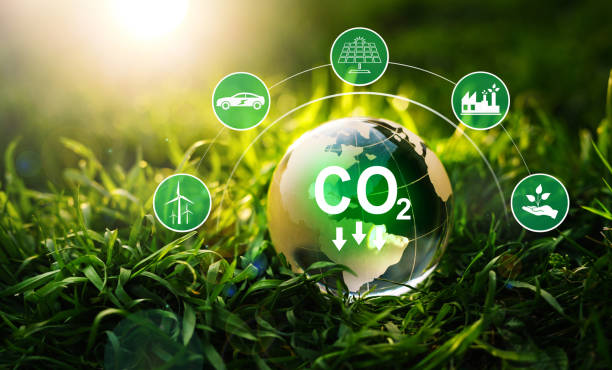
FAQ About Green Economy
Green Economy
2 years ago | gizem
Why is the Green Economy important?
The Green Economy is important for several compelling reasons, as it addresses a range of critical challenges facing our world today:
- Environmental Sustainability: The Green Economy offers a pathway to mitigate the negative impacts of human activities on the environment. By promoting sustainable resource use, reducing pollution, and addressing climate change, it helps preserve ecosystems, biodiversity, and essential natural resources for future generations.
- Climate Change Mitigation: The Green Economy plays a crucial role in reducing greenhouse gas emissions, which are driving climate change. By transitioning to renewable energy sources, improving energy efficiency, and adopting low-carbon technologies, it contributes to global efforts to limit global warming and its associated risks.
- Resource Scarcity: As global populations grow, the demand for natural resources increases. The Green Economy emphasizes resource efficiency, recycling, and sustainable practices to alleviate pressure on finite resources and reduce the risk of resource depletion.
- Economic Resilience: Traditional economies are vulnerable to resource price volatility and environmental disruptions. The Green Economy fosters economic diversification and innovation, making societies more resilient to environmental shocks and market fluctuations.
- Job Creation: The transition to a Green Economy creates opportunities for new jobs in sectors like renewable energy, sustainable agriculture, green technology, and ecosystem restoration. This not only addresses unemployment but also contributes to inclusive economic growth.
- Innovation and Technological Advancement: The Green Economy encourages the development and adoption of new technologies and practices that can lead to breakthroughs in renewable energy, efficient transportation, waste reduction, and more.
- Public Health: Reducing pollution and transitioning away from fossil fuels can lead to improved air and water quality, thereby benefiting public health by decreasing respiratory and cardiovascular diseases and related healthcare costs.
- Poverty Reduction: The Green Economy can help alleviate poverty by creating jobs, enhancing access to clean energy and clean water, and promoting sustainable agriculture practices that improve food security for vulnerable populations.
- Global Cooperation: Addressing environmental challenges requires international collaboration. The Green Economy provides a framework for countries to work together to achieve sustainable development goals and address issues that transcend borders, such as climate change and biodiversity loss.
- Long-Term Economic Prosperity: The Green Economy promotes sustainable business practices that reduce waste, operational costs, and environmental liabilities. This can lead to increased profitability over the long term while also contributing positively to society and the environment.
- Consumer Awareness and Demand: Growing environmental awareness among consumers is driving demand for sustainable products and services. Businesses that embrace the Green Economy can tap into this market demand and enhance their brand reputation.
- Preservation of Ecosystem Services: The Green Economy recognizes the value of ecosystems in providing services such as clean water, pollination, and carbon sequestration. By preserving these services, it safeguards the foundation of human well-being.
